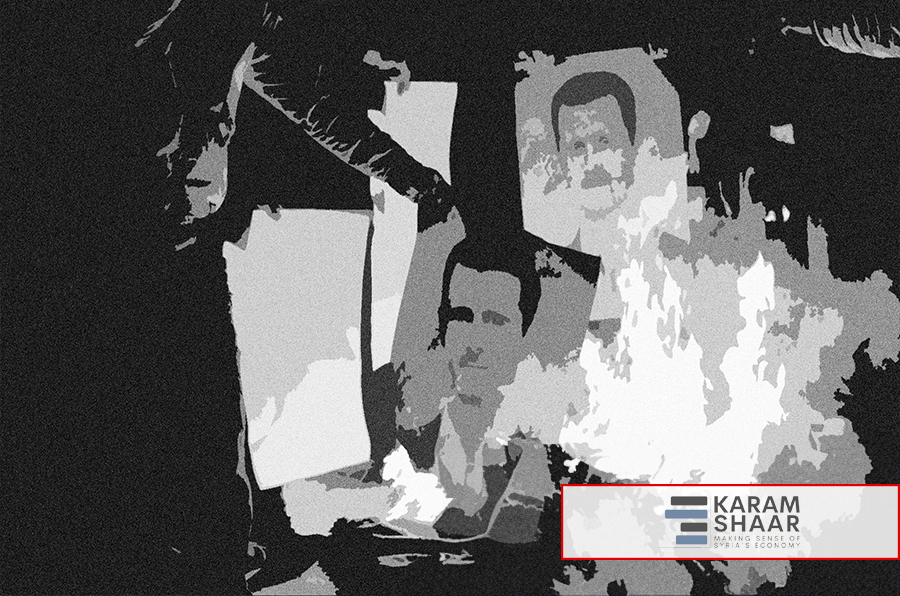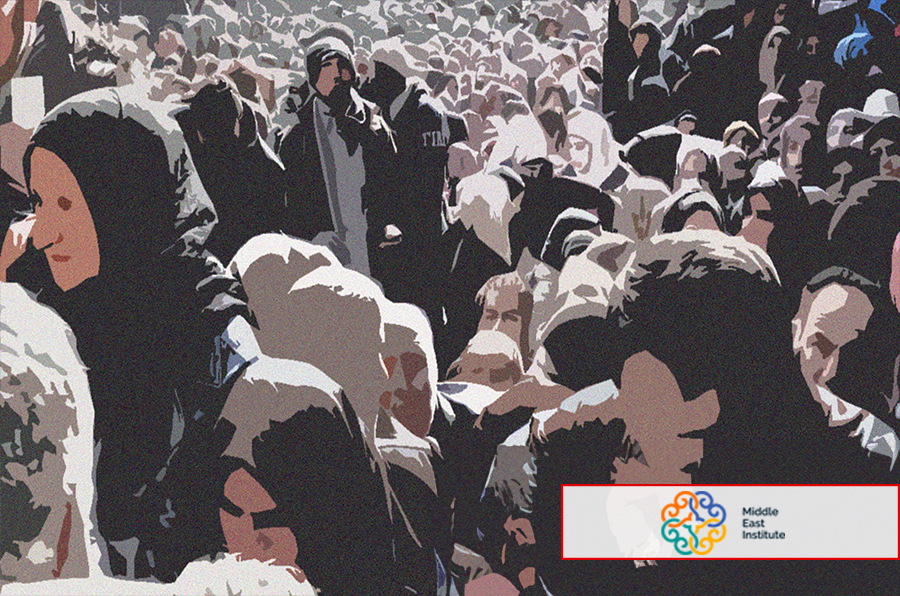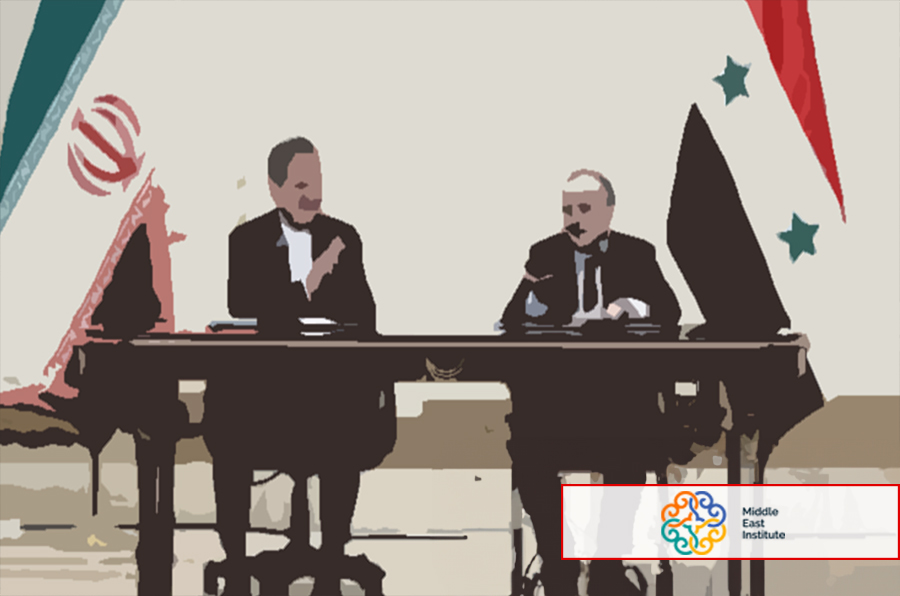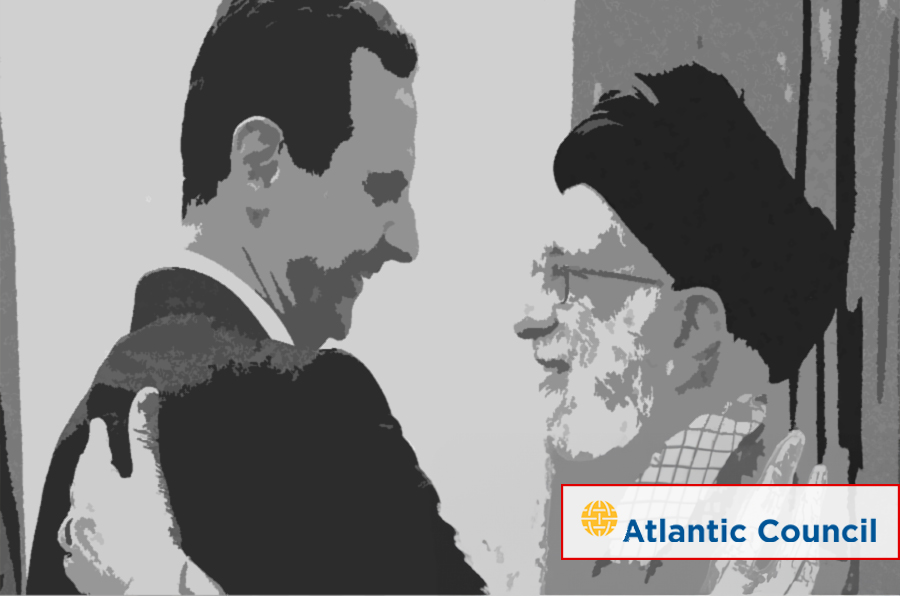Publications
Here we share all our published work, including peer-reviewed academic papers, policy papers, and op-eds.
Middle East Institute (Op-ed), Karam Shaar and William Christou (Oct 15, 2020)
On June 17, 2020, the U.S. State Department’s special envoy to Syria, Joel Rayburn, announced the beginning of the “summer of Caesar,” promising a wave of sanctions designations under the newly activated Caesar Syria Civilian Protection Act. Summer has come and gone, but there’s little to show for it.
Thoughts, Karam Shaar (Jul 27, 2020)
Thousands of pictures, leaked by a Syrian defector nicknamed “Caesar,” revealed the extent of torture and extrajudicial killings in the prisons of the Bashar al-Assad regime. In response to those abuses, on June 17, 2020, the United States targeted that regime with sanctions under the Caesar Civilian Protection Act. The US set out a list of political and humanitarian demands to be met for the sanctions to be lifted.

Middle East Institute, Karam Shaar (Op-ed) (Jul 9, 2020)
To deal with the intensifying economic crisis, the Syrian regime has pursued various survival-mode mechanisms, like relying on financial support from Iran, spurring inflation-induced growth by printing money, and offering tempting corporate concessions to attract investment. Much to the country’s detriment, Syria’s economic situation has prompted the creation of a unique type of investment — one where the announcement is the only part of the venture ever intended to take place. Such “photo-op investments” happen when both parties know, before signing the contract, that the project will never break ground.
Independent Research, Karam Shaar (Apr 24, 2020)
Every couple of months, you hear a new story about someone from the al-Assad clan – good luck telling who’s who. Many of the influential Assads do not have even a photo online. The Assads’ secrecy and the public interest in them provide the perfect recipe for rumours and half-truths. This article presents numerous examples of incorrect information about the Assads in local and Western media, including from the EU, Le Monde, and Pro Justice.
The lack of knowledge about the family members and their roles in the regime is reflected in the names sanctioned by the US and the EU. Some influential players are not sanctioned, while marginal players are. In an attempt to shed more light on the better-known Assad kinships and their roles in the regime, Dr Karam Shaar built an interactive family tree.

Atlantic Council (Op-ed), Karam Shaar and Ali Fathollah-Nejad (Feb 10, 2020)
The credit line does not help to assess Iran’s involvement in Syria—it is instead a cover for the total cost of Iran’s engagement there. Putting the value of Tehran’s intervention in Syria in perspective reveals the high cost of its adventure in the country and highlights the increasing difficulty of continuing it as Iran continues to hemorrhage due to punitive US sanctions, specifically on oil. As what Tehran has spent in Syria far exceeds what is announced, another question is how much Syria owes Iran. Should Syrians pay back what is in the books or what is actually spent? Only time will tell.



